The Legend of Pablo Cruise
Growing up in Caracus, Venezuala, Pablo Cruz never dreamed of getting to America, let alone becoming a rock and roll star. He sang as a child, and by his teens became pretty good strumming a guitar that belonged to his older brother Francisco. One sultry night in the summer of 1976, while performing with a merengue band in a tiny local joint named Calcaño’s Café, destiny found him – along with Georgetown Records executive, Ignacio Irribarren, who was on vacation visiting his family in Caracus. “He stormed up to the stage after our show and roared ‘I’m taking you with me to Nashville and I’m changing your name!’” recalled Cruz. “He’d been chugging wine most of the night so I didn’t believe him at first. But somehow he convinced me that he was serious. Maybe it was his corduroy suit in August,” Pablo said with a laugh.
With his keen marketing instincts and an unorthodox knack for discovering new artists, Irribarren had earned the music industry nickname “Theta Man.” Putting those talents quickly to work, he issued outlandish press releases proclaiming the next Richie “La Bamba” Valens, hired Cruz a backing band of established session players and got him right into the studio, where the magic happened…almost immediately. “It took me a week or so to fully learn to write songs in English,” said Cruz, who amazingly had primarily known only what he’d picked up studying the character Mr. French on reruns of Family Affair until then. The work was recorded, mixed and ready to go in just three months. But Irribarren had one promise still to fulfill. “He said to me, ‘We’re not going to change the way your name sounds, just the spelling.’ I was skeptical, of course, and proud of my family heritage,” said Pablo. “But he was adamant, and boorish, and we’d already come this far.” And so was born the brief pop phenomenon of a man named Pablo Cruise.
The subsequent album Cruise Control was released in February of 1977, and the easy soul of its lead single, ‘Whatcha Gonna Do’ proved irresistible to light rock audiences burned out on disco and not ready for punk. As Pablo’s smash record rapidly climbed the charts, so too did his notoriety. Relocating to New York City, he quickly became a regular at famed Studio 54, hanging out with the Liza Minnelli and Diane Von Furstenberg crowd, seen canoodling with the likes of Deborah Harry and pre-Jagger Jerry Hall, and striking up a fast friendship with Andy Warhol, whose unforgettable portrait of Pablo Cruise would stand alongside the Campbell’s Soup Cans and Marilyn Monroe to become one of Warhol’s best-known works ever. One memorable night at Elaine’s, the notorious Upper East Side celebrity eatery, Pablo’s fame reached a particularly farcical level. Tom Cruise, fresh off his breakout success for Risky Business, approached him at his table and began insisting that they were related. “Dios mio, he’d obviously been doing a lot of coke,” giggled Pablo, “so I just let him believe it. Heck, maybe his name had been re-spelled, too!”
Sadly, like so many other overnight success stories, glory for Pablo was excruciatingly short-lived. Unable to recreate the mellow gold of ‘Whatcha Gonna Do’ and finding himself supplanted in the popular music scene by more cutting-edge acts like Dan Hill and Christopher Cross, Cruise’s prominence faded precipitously. In desperation, star-maker Irribarren attempted to re-brand Cruise as a leather-clad, heavy metal act, hastily producing the would-be comeback album Cruisin’ For A Bruisin’. But audiences proved indifferent to Pablo’s new tough guy persona, and less than three short years after his splashy arrival from Caracus, Pablo Cruise faded into rock and roll oblivion.
Two later notable attempts via old Hollywood connections endeavoring to resuscitate Cruise’s utterly dormant career proved painfully fruitless. Will Farrell, a super-fan during Cruise’s brief pop supremacy and hoping to help him get placed on an oldies circuit, prominently wore a Pablo Cruise t-shirt in his moving fraternal relationship film Step Brothers. But still, no offers materialized. And in the final indignity, another bid to revive Pablo’s name and at least garner some possible wedding and bar mitzvah gigs was sabotaged when a perplexing typo in the script for underdog stoner comedy Napoleon Dynamite led to the secondary character being named Pedro rather than Pablo, thus rendering what became the popular plot line of “Vote For Pedro” entirely pointless.
“Whatcha gonna do when she says goodbye? / Whatcha gonna do when she is gone?” went the telling title line to Pablo Cruise’s masterwork, his one brilliant, indelible mark on the pop music world. Little did Pablo Cruise, nee Cruz, know that she – that fickle lady named fate – would pass him so soon. That she was merely, if you will, cruising by.
Um, just kidding. Pablo Cruise was a popular late ‘70’s smooth rock band – who actually did have the hit song ‘Whatcha Gonna Do’ – made up of four guys from San Francisco, none of whom was named Pablo Cruise. When the quartet were asked which one is Pablo they would commonly answer, “He’s the guy in the middle.”
And yeah, it’s not April Fool’s Day, but everyone suspects a little deceitful nonsense on April 1st, and not, say, December 5th.
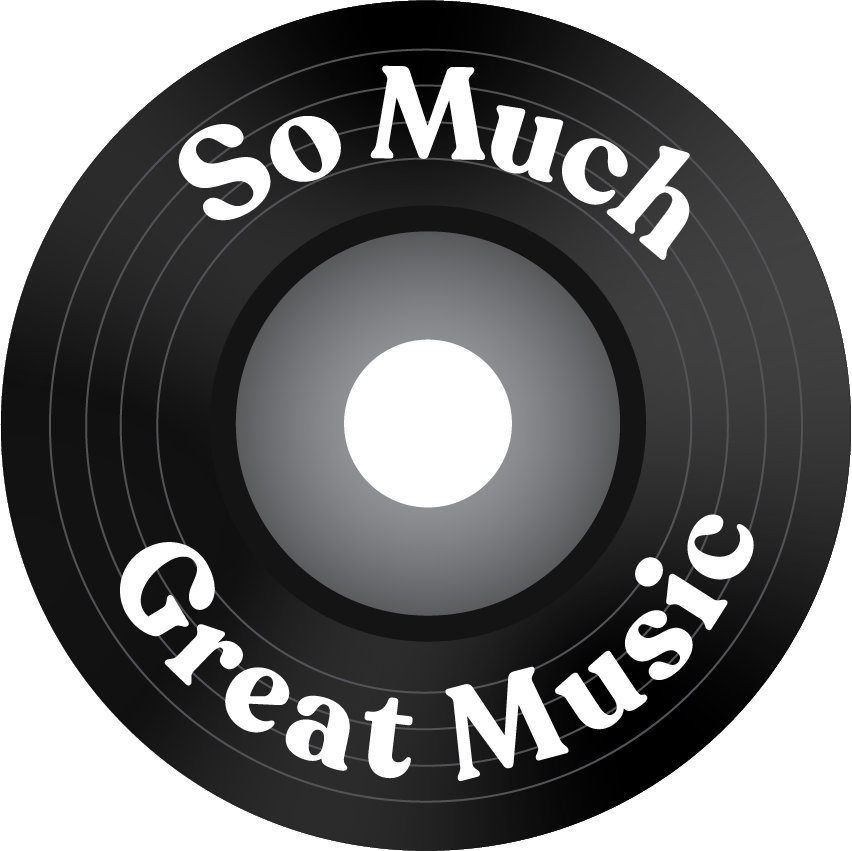
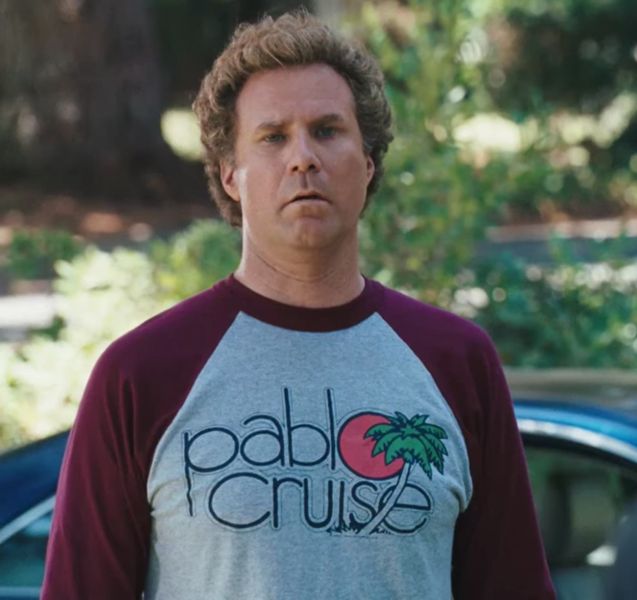


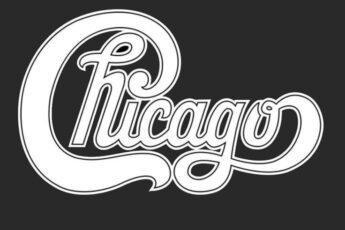
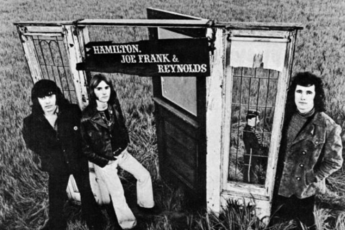
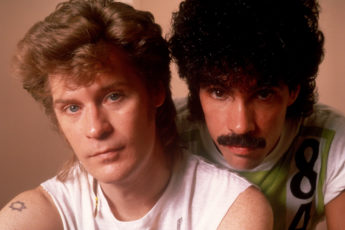
Rob MacMahon
December 6, 2021 11:13 amBG: Ya had me goin’ there for a few paras until the Tom Cruise/RB ref. I know that movie came out in Summer of 83 and I thought there’s no way this singer from PC could hv remained in the public’s thoughts for 6 yrs on from that single. That gave it away for me. Too funny, dude. RMac